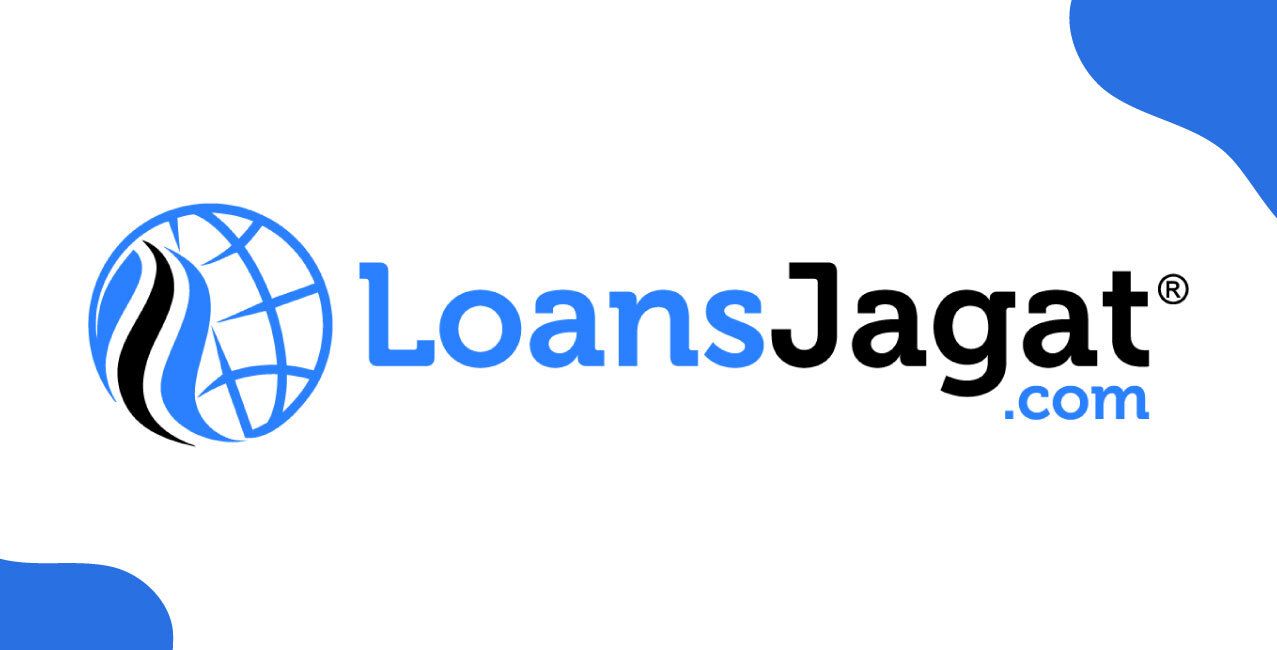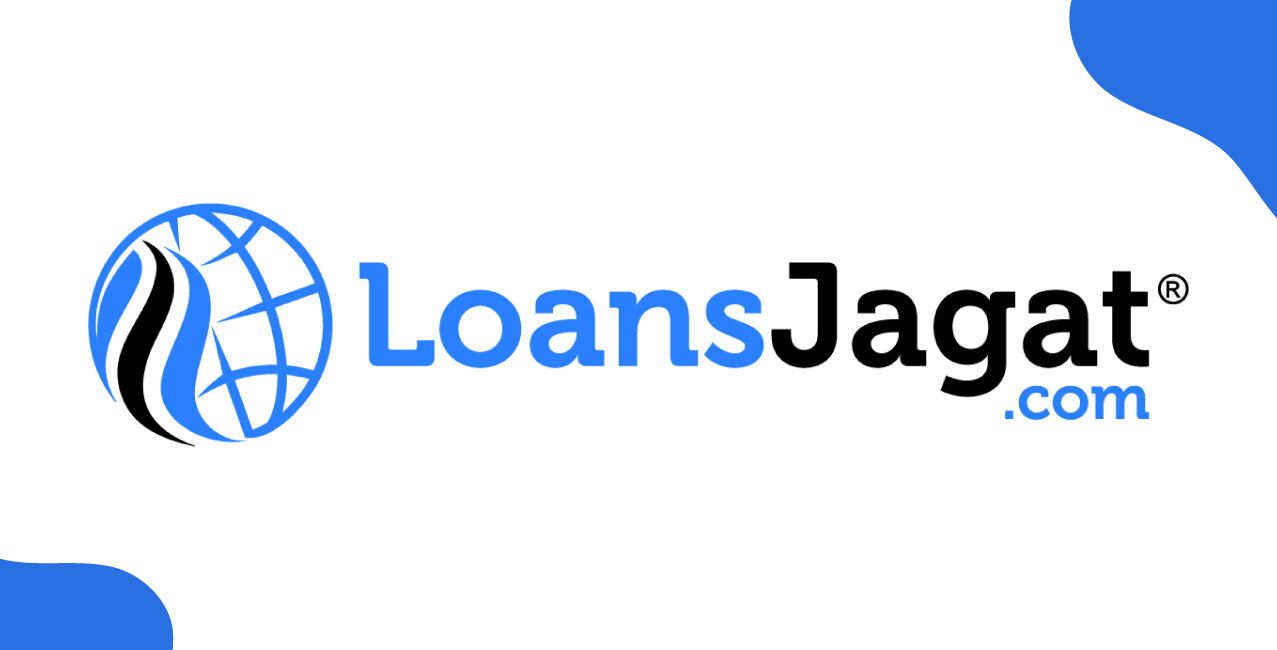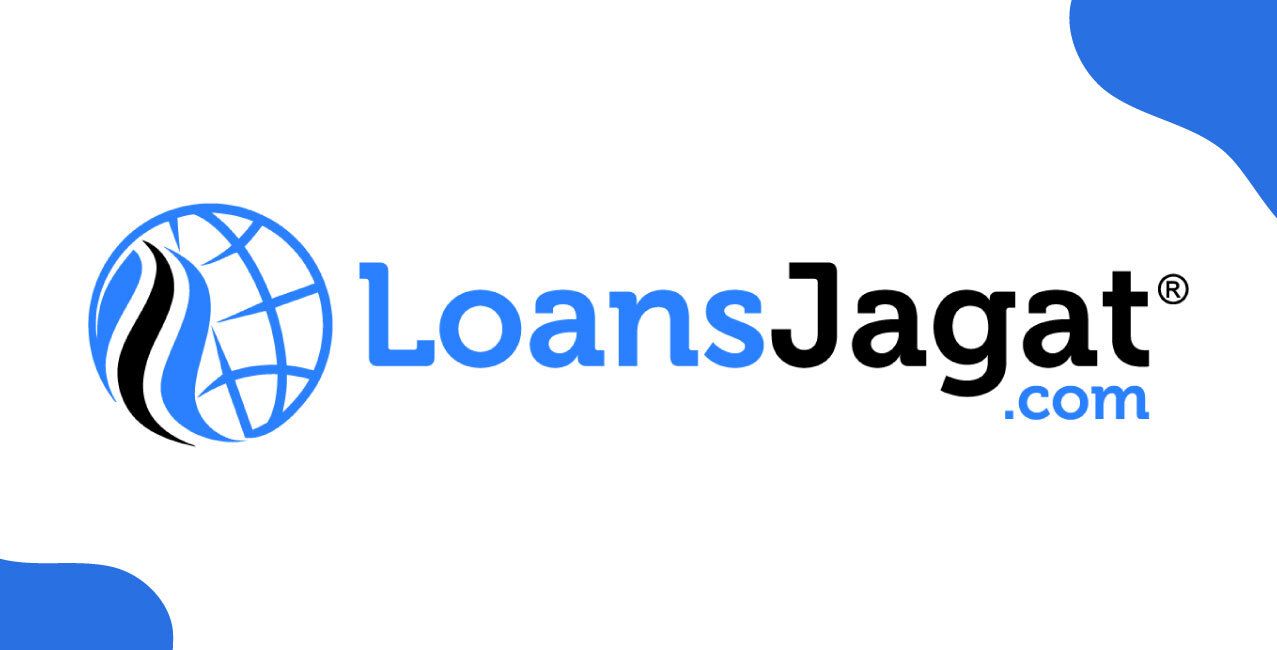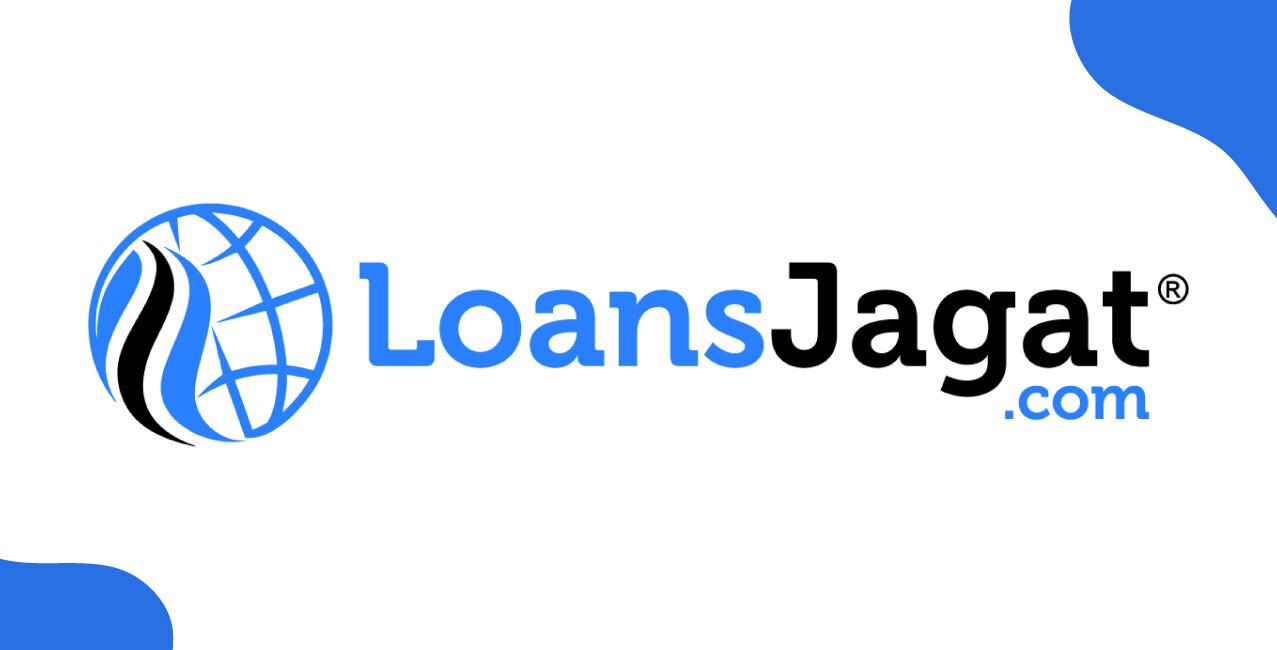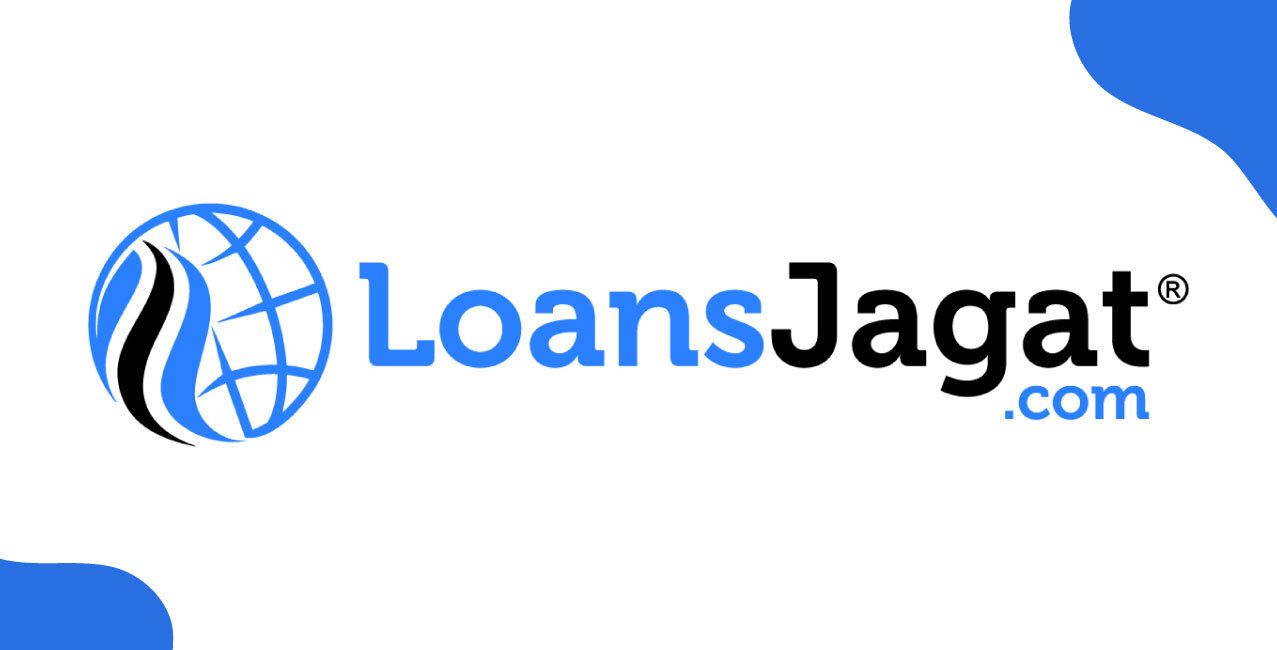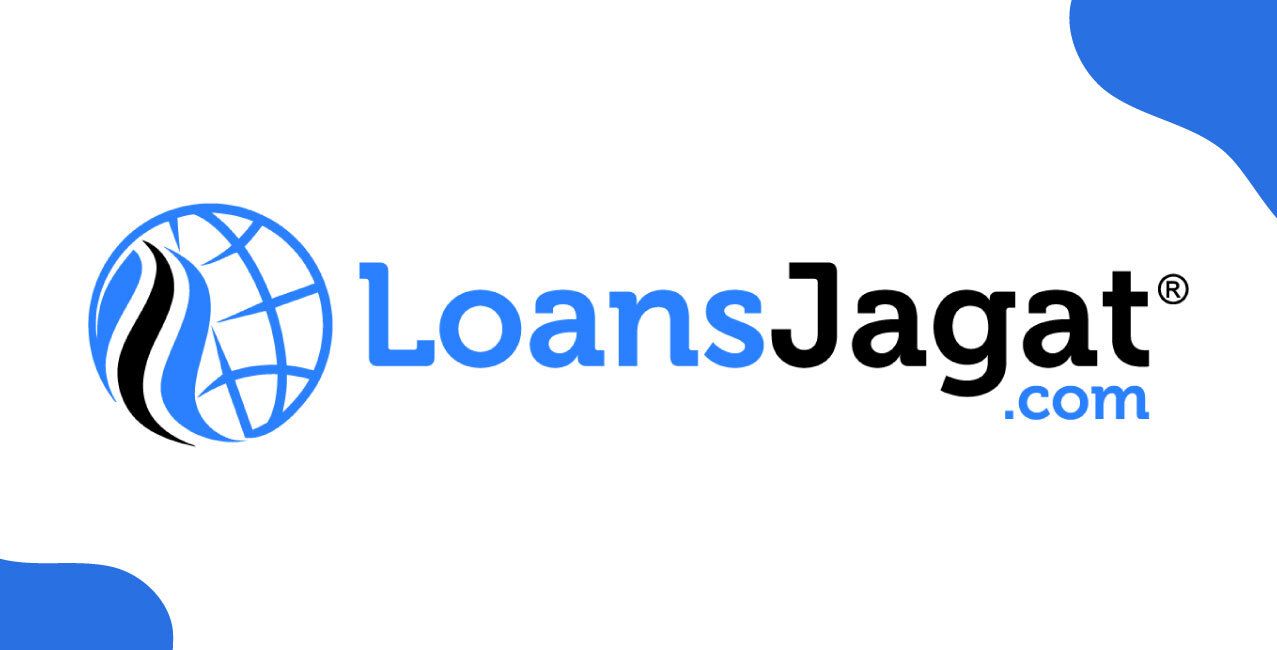Diwali 2025 Credit Card Offers: Massive Festive Discounts and Cashbacks from Top Banks
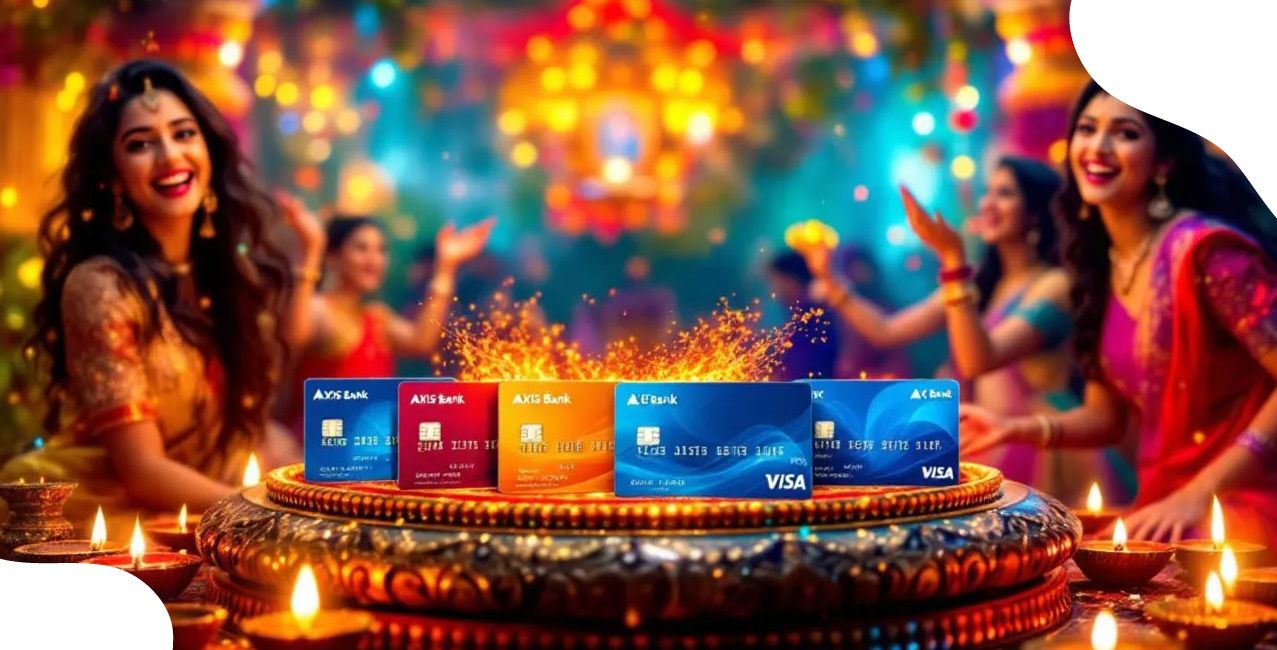
Check Your Loan Eligibility Now
By continuing, you agree to LoansJagat's Credit Report Terms of Use, Terms and Conditions, Privacy Policy, and authorize contact via Call, SMS, Email, or WhatsApp
India’s festive season turns into a battlefield of cashback, EMI, and lifestyle rewards as banks race to capture Diwali spending.
A shopper standing at a checkout counter during Diwali, juggling between QR codes, wallets, and cards. A quick tap decides how the festive budget will hold up. In 2025, that decision carries more weight. Banks across India are unleashing a wave of Diwali credit card offers 2025, tempting users with cashbacks, instant discounts, and shopping bonuses.
The National Payments Corporation of India (NPCI) report of August 2025 recorded 20,008.31 million UPI transactions valued at ₹24,85,472.91 crore. The number shows how fast digital transactions have grown, and banks now want their cards to stay relevant in this surge of contactless payments.
Festive Season Credit Card Discounts Spark a Spending Race
The festive season credit card discounts in 2025 go beyond simple offers. Banks are using data-driven campaigns to link Diwali spending with long-term customer engagement.
According to the Economic Survey 2024–25, credit growth has outpaced GDP for two straight years. The credit-to-GDP gap stood at –0.3% in Q1 FY25, compared to –10.3% in Q1 FY23. This rise gives banks confidence to expand festive credit campaigns.
The table below shows how major banks are promoting offers in 2025.
Each offer follows a tiered model. The more a cardholder spends, the higher the reward. SBI’s “Khushiyan Unlimited” scheme includes vouchers and free international lounge access. HDFC and Axis focus on instant gratification through discounts and cashback.
These schemes show how Diwali has become a time when banks compete not only on interest rates but also on lifestyle perks.
Top Diwali Credit Card Deals in India: The Bigger Picture
While most headlines focus on “best deals,” few mention how these promotions fit into India’s larger payment story. The Press Information Bureau (PIB) report of June 2025 stated that digital transactions touched ₹24.03 lakh crore across 18.39 billion transactions in one month. The same month in 2024 saw nearly ₹19.2 lakh crore in value.
The figures below show the steady climb in digital transactions through 2025.
These statistics highlight how Diwali shopping overlaps with India’s peak digital activity. This pattern also appeared in 2023 during Independence Day sales when credit card transactions surpassed UPI growth. That event was detailed in “How India’s Festive Sales Are Changing Payment Habits” published earlier on FinReport India.
Such patterns show why Diwali campaigns are central to banks’ marketing playbooks. Every percentage point in cashback means millions in new card usage.
Best Diwali Bank Offers and Promotions
The best Diwali bank offers and promotions often come with small print that few notice. Some “no-cost EMI” schemes quietly add processing charges. Others cap rewards or delay cashback. The Consumer Affairs Ministry has already advised shoppers to check terms before activating offers.
Government policies are shaping these deals more than before. The following table lists key policy decisions that have influenced card and digital payment structures.
The Union Budget 2025–26 introduced the Micro Enterprise Credit Card Scheme, allowing limits up to ₹5 lakh for registered small businesses. This inclusion opened festive promotions to kirana owners and self-employed workers — a group largely left out in past campaigns.
This shows a strategic shift. Earlier Diwali offers mostly targeted urban salaried buyers. The 2025 season has moved towards wider inclusion, reaching new towns and semi-urban users.
Bank Diwali Cashback and Reward Deals: Consumer Risks and Rewards
According to an ET BFSI report from August 2025, credit card issuances reached a seven-month high. That timing reflects banks’ preparation for the Diwali shopping wave. While this boosts short-term consumption, it also raises concerns about repayment behaviour.
Lower Gross NPAs (2.6%), as reported in September 2024, show banks are in a stable position to push festive credit. Yet, experts caution that overspending during Diwali can turn short-term joy into long-term debt.
In 2022, the Reserve Bank of India (RBI) advised lenders to moderate “zero-interest” EMI promotions after a rise in consumer defaults. In 2025, banks have tightened eligibility checks but retained the aggressive cashback structure. The approach signals confidence in both credit quality and consumer demand.
Connecting the Past and Present
A comparison between 2025 and 2023 shows how much the market has changed. In 2023, most festive offers focused on electronics and fashion. In 2025, banks have expanded rewards to areas like travel, food delivery and home improvement.
For example, Swiggy’s partnership with HDFC Bank gives a 6% instant discount on flight bookings made through Paytm Travel. These cross-category tie-ups show that spending is now moving from goods to experiences.
Past coverage of the 2023 festive season showed limited offers across industries. The 2025 offers are much wider, covering both online and offline platforms. The goal is clear, to turn festival shoppers into regular spenders throughout the year.
As LoansJagat explained in “How to Use Bank Rewards Points for Maximum Savings”, banks are now linking reward programmes with travel, lifestyle and e-commerce platforms to increase spending.
Conclusion
As Diwali lights spread across India, the top Diwali credit card deals in India tell a story beyond shopping. It reflects how banks, government, and consumers are redefining digital spending habits.
While Diwali credit card offers 2025 have become larger and smarter, the message remains the same, convenience, rewards, and loyalty drive the competition. What was once a seasonal sales gimmick is now a structured strategy built around India’s festive spirit.
Other News Pages | |||
India’s Inflation Falls Below RBI Target, Rate Cut Hopes Rise | |||
Air India Gets $215M Funding from Standard Chartered and BOI | |||
About the author

LoansJagat Team
Contributor‘Simplify Finance for Everyone.’ This is the common goal of our team, as we try to explain any topic with relatable examples. From personal to business finance, managing EMIs to becoming debt-free, we do extensive research on each and every parameter, so you don’t have to. Scroll up and have a look at what 15+ years of experience in the BFSI sector looks like.
Subscribe Now
Related Blog Post

Home Loan Interest Rates 2025 Deliver Major EMI Relief, Will Borrowers See More Gains In 2026?
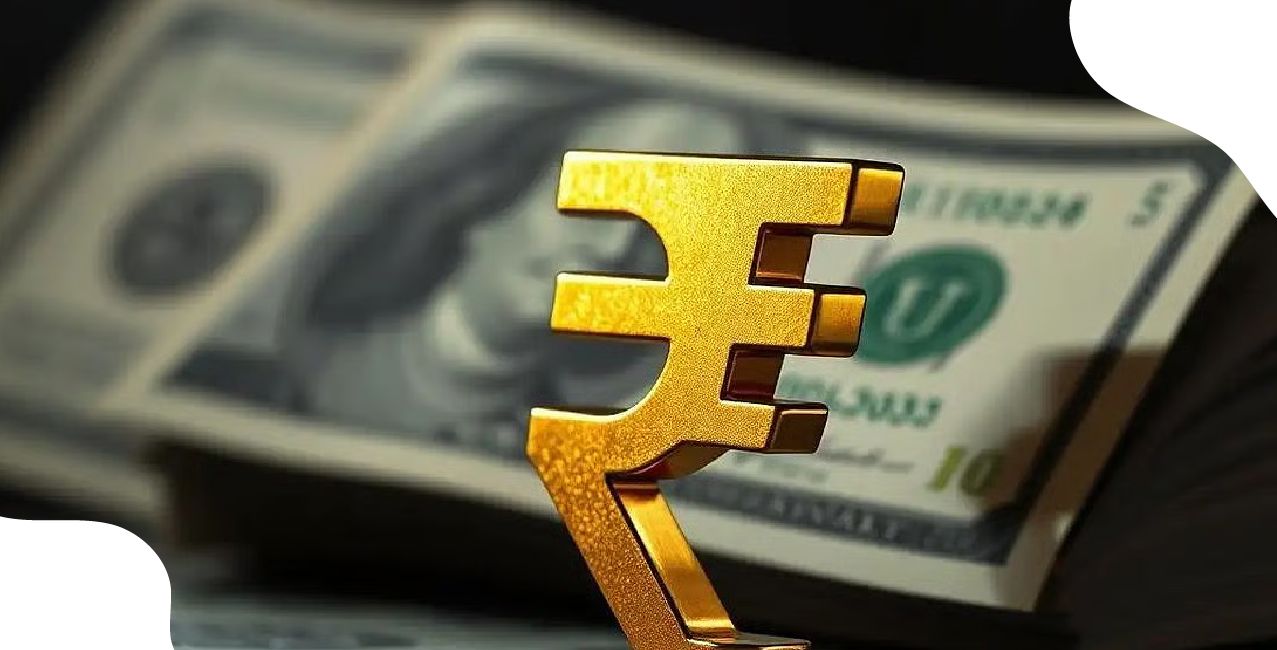
Will the Indian Rupee Stabilise in 2026 After a Volatile 2025?
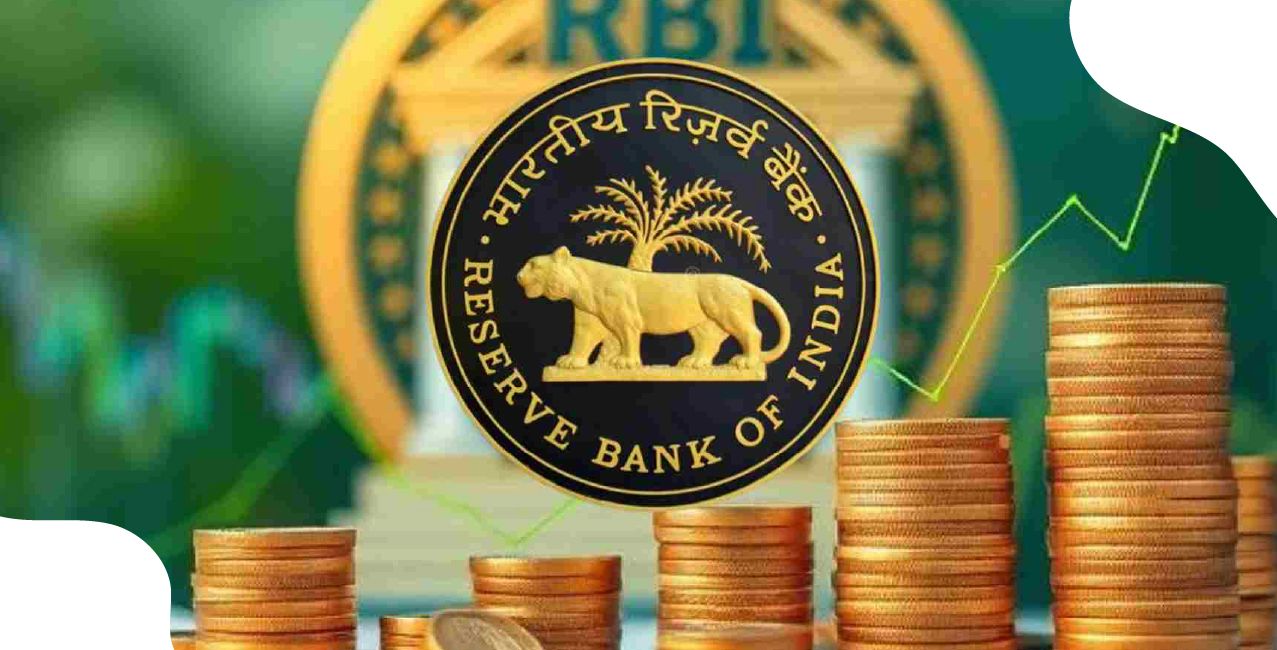
RBI Draft Rules Target Surprise Costs in Overseas Payments
Recent Blogs
All Topics
Contents
Quick Apply Loan
Consolidate your debts into one easy EMI.
Takes less than 2 minutes. No paperwork.
10 Lakhs+
Trusted Customers
2000 Cr+
Loans Disbursed
4.7/5
Google Reviews
20+
Banks & NBFCs Offers
Other services mentioned in this article
